With the global awareness around the importance of health and environmental sustainability, water filter systems have become an essential part of our lives. Not only does it provide us with uncontaminated drinking water, it also helps us to reduce the use of plastic bottles. This article discusses more about the water filter systems, how they work, how to use them safely, the costs involved, and the top models that are available in the market.
Table of Contents:
1. What is a water filter system?
2. How do water filter systems work?
3. How to use a water filter system
4. How much does a water filter system cost?
5. Top water filter systems
What is a water filter system?
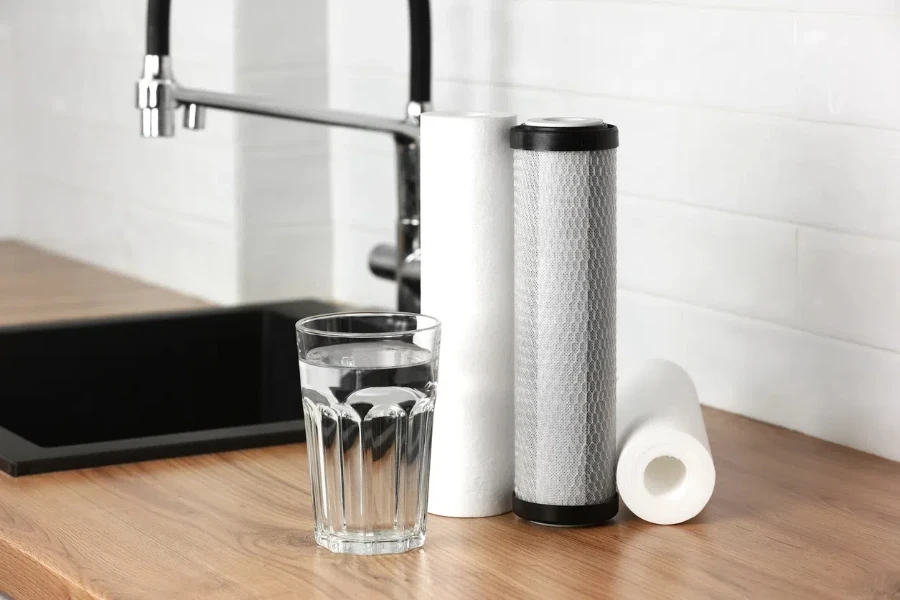
A water filter system is a device which is made to remove impurities, contaminants and other chemicals from the water through a fine mesh, in order to make it safe for drinking and other similar activities. The technology behind water filters can vary greatly, depending on the purpose. The range includes water pitcher filters, faucet filters, systems mounted under sinks and whole house filtration systems. The main function of a water filter is to improve the quality of water by decreasing turbidity, ridding it of pathogens and extracting harmful chemicals, so that it meets or exceeds standards for safe consumption and usage.
How do water filter systems work?
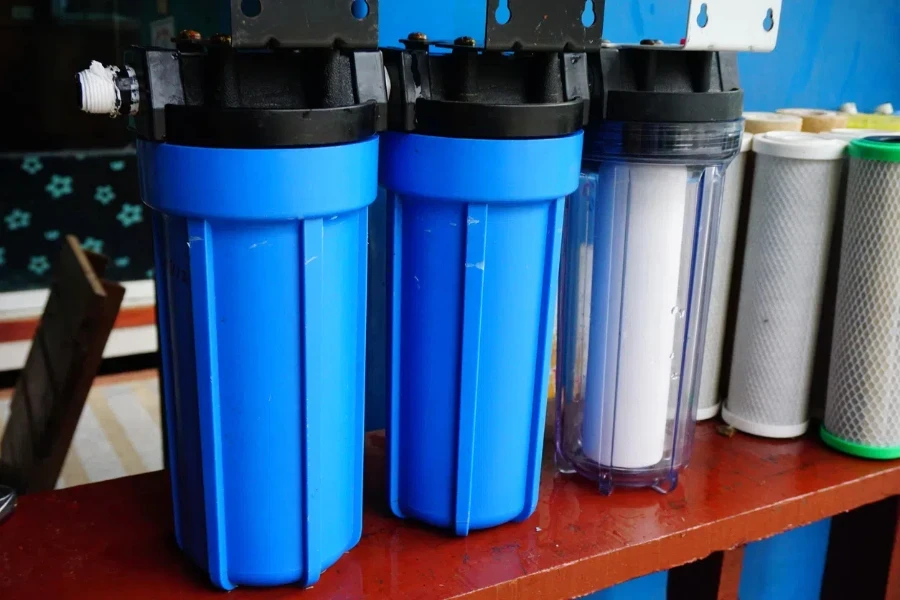
There are several technologies involved in water filter systems, which are all designed to target specific contaminants. The most common technologies used in purification are mechanical filtration, where a sieve-like process adsorbs physical contaminants; activated carbon filtration, which adsorbs chemicals and odours; reverse osmosis, where a semipermeable membrane extracts dissolved inorganic solids; and ultraviolet (UV) filtration, which kills bacteria and viruses with UV light. A water filter’s efficacy depends on the combination of technologies used, as well as the quality and condition of the filters and components involved.
Mechanical filtration, often the first stage, typically removes larger particles such as sediment and rust. Activated carbon filters are particularly good at removing chlorine, pesticides and industrial solvents, helping to improve water taste and smell. Reverse osmosis systems use high pressure to force water through a dense membrane, and are highly efficient at removing lead, arsenic, fluoride and other contaminants. Finally, UV filters, sometimes added on, sterilise the water to kill pathogenic microorganisms.
How to use a water filter system
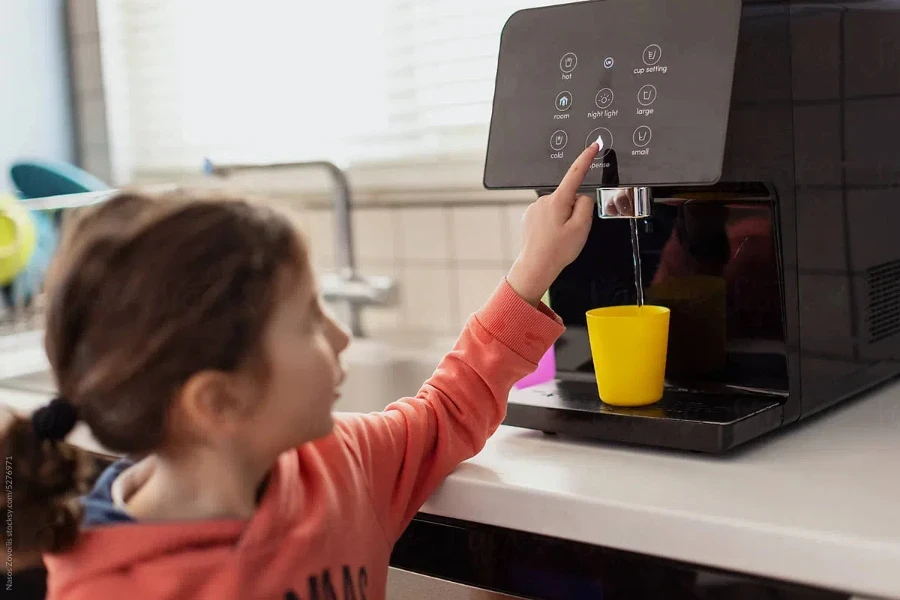
A water filter system must be properly used in order to continue to function well and for a longer period of time. The cartridges for pitcher and faucet-mounted filters should be replaced every 30-100 gallons or according to the manufacturer’s specifications. An under-sink water filter system should be professionally installed and periodically maintained (including replacement of filters, sanitisation of the system, and changing the membrane for reverse osmosis units). The manufacturer’s specifications should be followed closely for proper installation and maintenance including the replacement of filters.
How much does a water filter system cost?
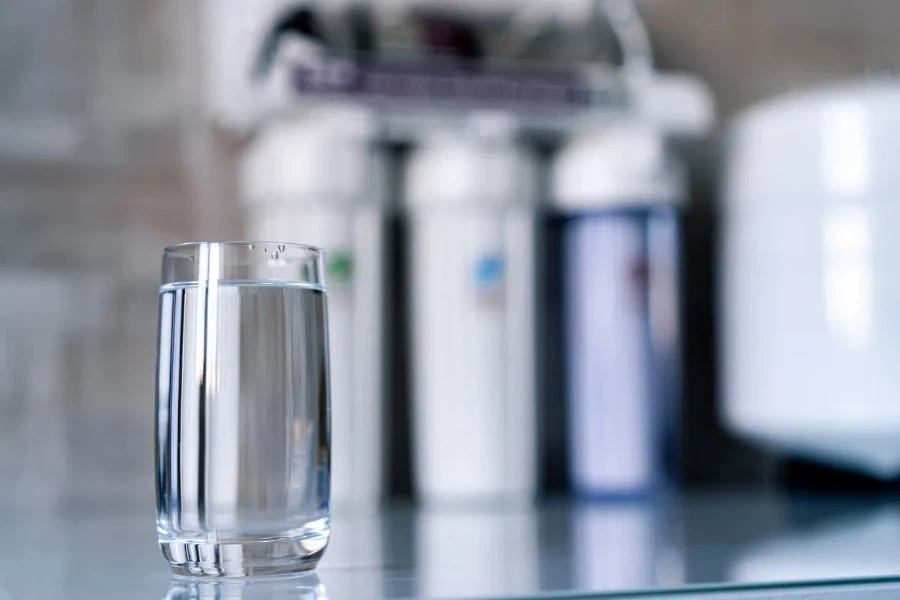
The price of a system depends on the kind of filter, size and the technologies it uses. Pitcher and faucet water filters are the most affordable options, starting at around $20 and reaching up to $100. Under-sink systems and reverse osmosis units are more expensive, and cost between $100 and $500 and more, depending on the sophistication and filtration power. Whole-house systems are the most expensive option, and typically cost more than $1,000 because they filter water throughout your entire house. Consider not just the price of the system itself, but also the cost of replacement filters and maintenance.
Top water filter systems
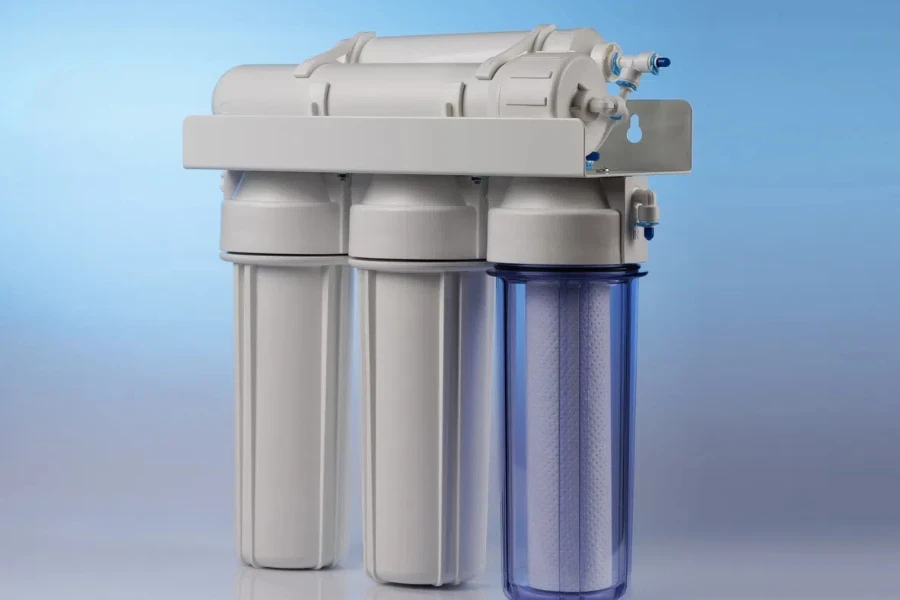
The market is stocked with numerous water filters systems, each with unique features and benefits. Brand names you may know include the Brita Pitcher Filters, which are one of the cheapest water filters out there that will give you good water to drink that has had the chlorine and other common contaminants reduced from it. The APEC Top Tier 5-Stage Reverse Osmosis System is one of the best filtration systems in the world, as it has the ability to remove up to 99 percent of contaminants. The Aquasana Rhino is another option that will help you to filter your water through the entire house.
Conclusion: To live comfortably, it is essential to drink non-contaminated water. Water filter systems play a crucial role in that. If you know about the several kinds of systems, how they work, and how to properly maintain them, it will be easier for you to decide what kind of water purification you should have and how to keep it in good shape. The price of water filter system depends on the kind of system you choose to have at home. While the price itself may discourage some people, when they look at the advantages for their health and the environment, it becomes easier for them to decide whether the system is worth the money or not. When you know which system to choose, drinking pure and good tasting water at home is quite easy.




